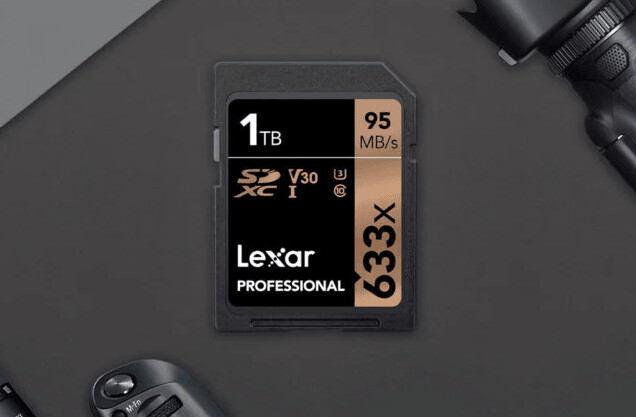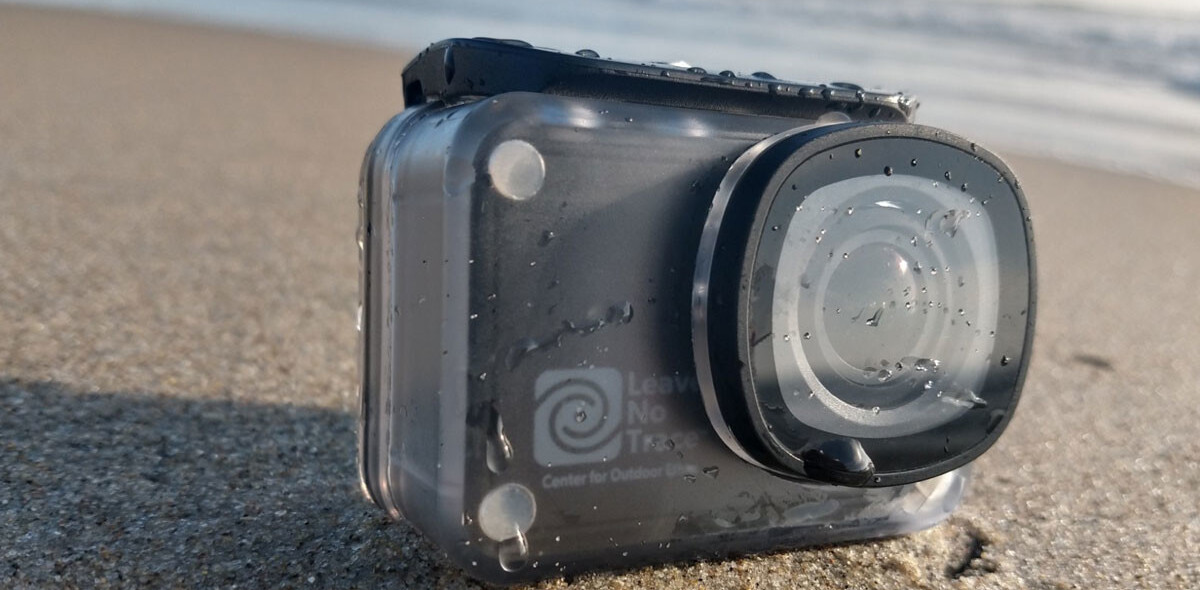A Washington man has been convicted of sending illicit images of a child — the child in question being him. An ill-advised selfie took a harassment case to the state’s Supreme Court, who ruled that even a selfie can be considered child pornography if sent to an adult.
According to the Seattle Patch, the sender of the selfie was, at the time, seventeen. He sent it to an adult woman, telling her it was for her and her underage daughter. The woman called the police, saying the young man was harassing her. He was convicted earlier this year and registered as a sex offender, having already had a record as a juvenile offender.
The ACLU argued in favor of the teenager. They said in a statement that the young man can’t be criminalized for his own nudity adding:
The purpose of Washington’s child pornography law is to prevent minors from being sexually exploited or abused for someone else’s personal gratification or commercial gain, not to criminalize young people for experimenting with their sexuality.
According to Northwest Public Radio, the Spokane County prosecutors denied that the selfie itself was at the core of the case. “This case is one of a young man, already a convicted sex offender, who … sent an explicit photograph … as part of a pattern of harassing conduct.”
The case is kind of murky, given the background of the offender and the context under which the image was sent. That said, it seems like a tricky precedent. Legal repercussions may deter young people from sending selfies that might go out of their control, but making a young person register as a sex offender for sending a picture of themselves seems like it might be a bit far in the other direction.
We’ve contact the ACLU for comment on the court’s ruling and will update if we receive a response.
Get the TNW newsletter
Get the most important tech news in your inbox each week.





